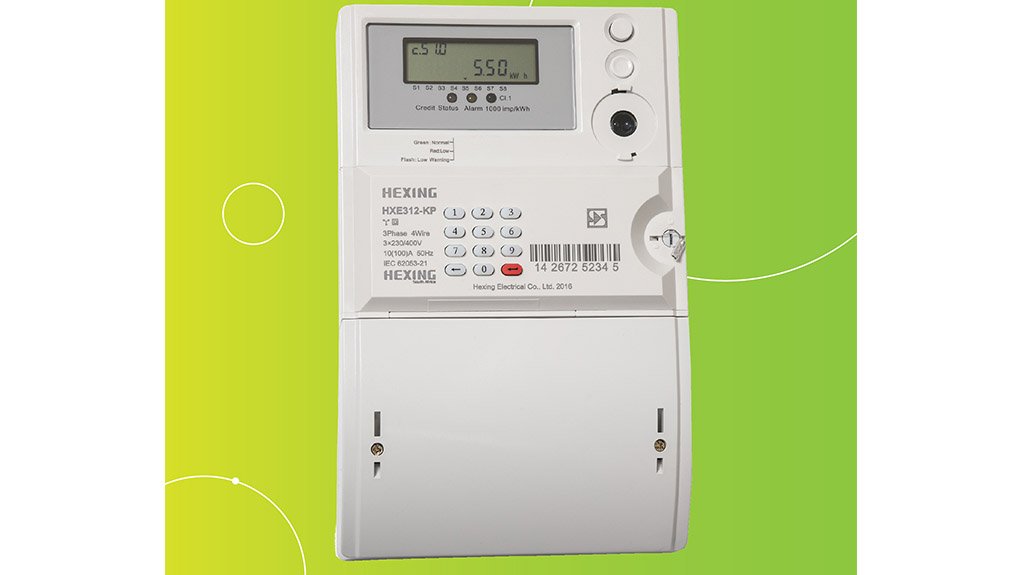SPONSORED POST (Virtual Showroom): Smart meters are defined as an advanced meter that identifies the electricity consumption pattern in better detail as compared to a conventional meter. Smart meters have basic functions that conventional meters do not.
Smart meters have the ability to send and receive data from the utility. The data is usually sent through cellular network, WiFi, power lines or radio frequency. Smart meters enable the utility to analyse peak consumption time and bill their customers a premium rate for the peak time usage and also vary the pricing based on demand. The system also detects power outages and fluctuations thus making it easier to service and repair the faulty lines. Some of the other features of smart meters are tamper detection, accurate meter readings, power quality monitoring and remote off/on switch. Smart meters bring the benefits to all stakeholders in the utilities industry. The value of smart meters is different for consumers, governments and utilities.
Consumers will enjoy more accurate billing. Smart meters will facilitate the replacement of consumption estimates, which are a major source of customer complaints. Furthermore, consumers can use smart meters as a tool that helps them to better manage their energy consumption, and in return reduce costs.
Governments could profit from a reduction of resource consumption (water, power) and reduction of CO2 emissions. In addition, investing in smart metering could represent a moderate stimulus for the economy with the involvement of industry players across deployment projects.
Utilities can obtain savings from remote reading or remote activation/deactivation of services. Additionally, they will have accurate data that could help to develop more efficient billing and load management systems, as well as reduced outage times. Maintaining and enhancing this value proposition over time will be difficult, as smart metering projects are carried out in the early stages of smart grids. Smart meters must be future-proof, because of the many variables involved.
The regulatory framework or consumer preferences are likely to change in the future. In addition, the availability of different payment methods is a key feature when designing future-proof smart meters.
For more information, visit Creamer Media’s Virtual Showroom
EMAIL THIS ARTICLE SAVE THIS ARTICLE
To subscribe email subscriptions@creamermedia.co.za or click here
To advertise email advertising@creamermedia.co.za or click here













